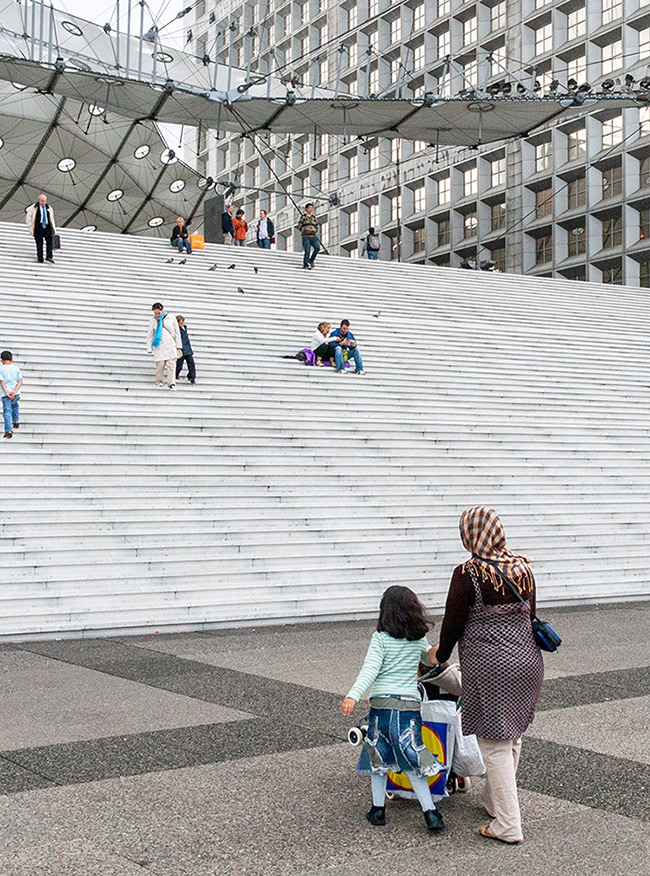Wait a minute … isn’t it supposed to be Iranian American?
I was born in New Castle and we moved to Pittsburgh when I was about 3 years old. My family history dates back to 1799 in Southwestern Pennsylvania.
Yet this isn’t the first impression many get of me when they see my name or my face. I am assumed foreign “until proven otherwise.” Questions like “What are you?” are a regular occurrence. I get it, I really do, but it is tiring to prove yourself day in and day out, and it harkens to the experience of so many others who find themselves outside of the ethnic and cultural majorities in this region.
I’d like to promote a new idea, one that reflects my Pittsburgh identity and how it couples with my Iranian (Persian)-ness. I’m adding some nuance, a new way to think about racial and ethnic identity, and I’m choosing to flip some words and maybe, as a result, some perceptions.
I think my dad would say he is “Iranian or Persian” and maybe five years ago, I would have called myself “Iranian-American” on a form that allowed me to categorize myself as such (note: “Middle Eastern” was only recently added to forms that collect ethnic data as a category, and as someone who lived through 9/11, I always worry a bit that it will be used to my detriment, rather than to my benefit).
The more I’ve been thinking about who I am, and what it means to be Azi, I know that it is about being from Pittsburgh. I carry in my spoken language some aspects of Pittsburghese and I most definitely had an enormous cookie table at my wedding. I’ve been to a fire hall wedding or two and I have season passes to Kennywood. I am Pittsburgh, but it just isn’t the first impression folks take away when they see me at the store, see my name on a syllabus or view my name on a reservation.
My 2023 resolution? To bring nuance to how we describe our ethnicities and to have it reflect the “Pittsburgh experience” I’m hoping to be a part of, helping to devise more inclusive ways of using language to reflect our understanding of generational differences and the importance of belonging. Our Rust Belt story is unique; we have a resilience here that many other cities try to replicate, but no place could be what Pittsburgh is to me: home for this American Iranian.
Azadeh Masalehdan Block is an associate professor in the Department of Health and Human Service Professions at PennWest California.





